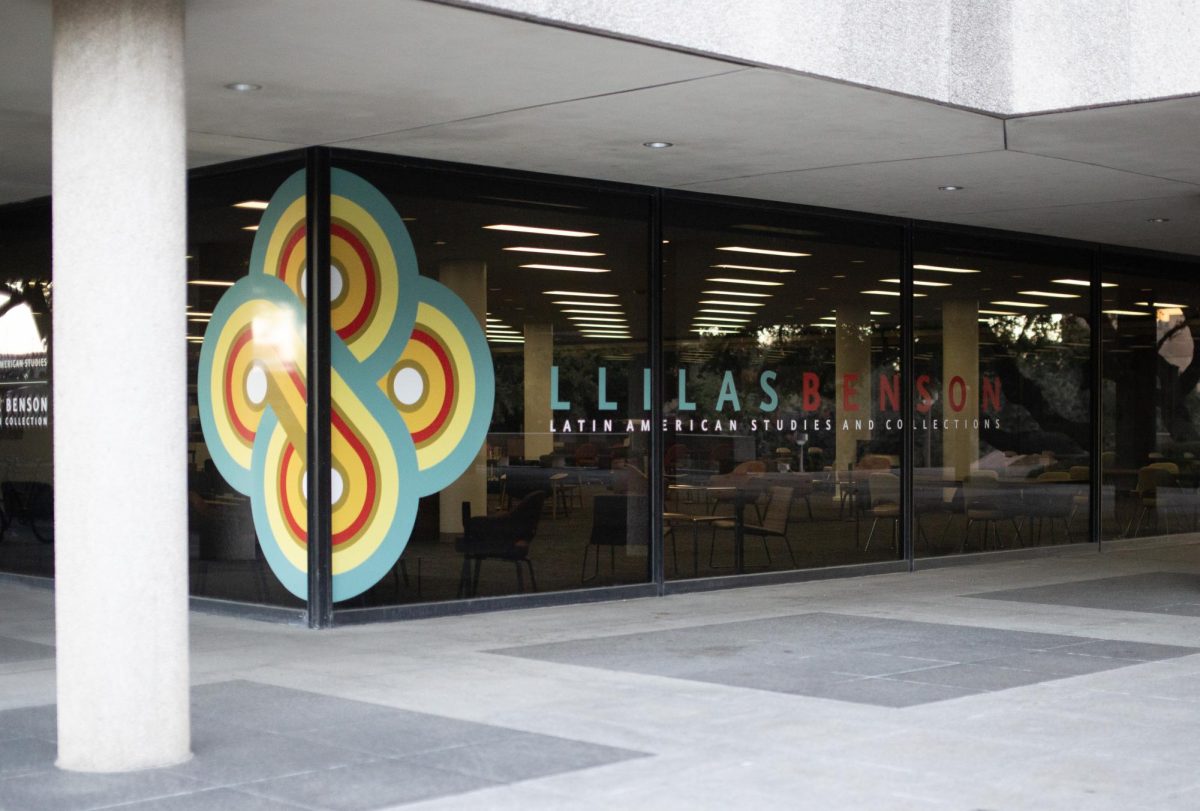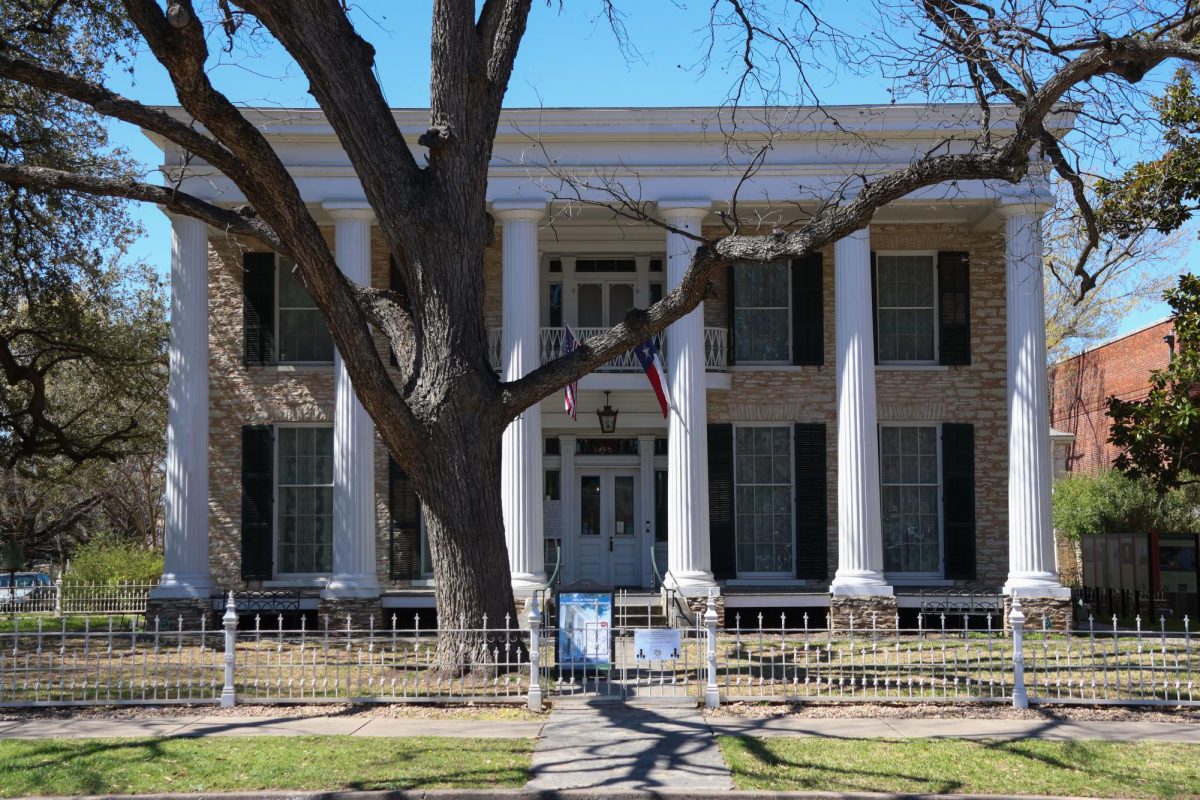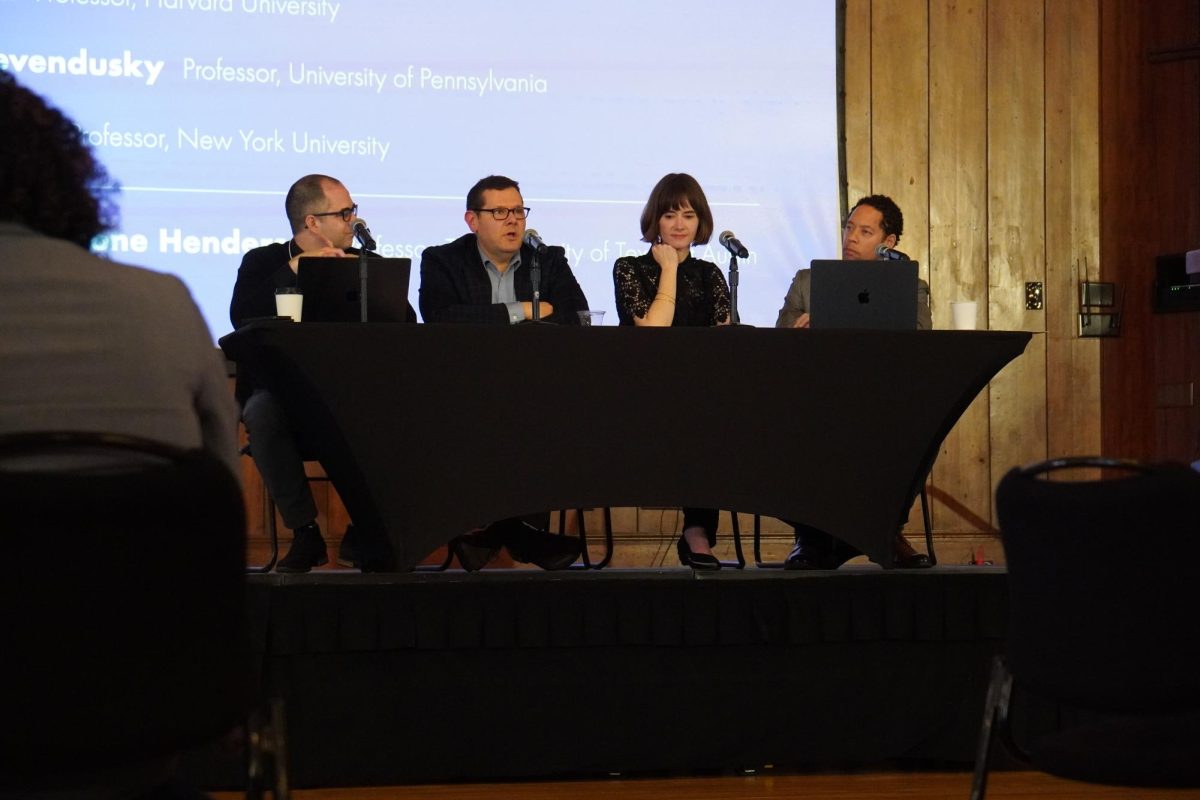UT’s Nettie Lee Benson Latin American Collection received the career-long archive of esteemed Nicaraguan writer and activist Gioconda Belli this October.
Belli was a part of the Sandinista Liberation Front, an armed resistance movement that overthrew the Anastasio Somoza dictatorship in Nicaragua in 1979, said Benson director Melissa Guy. The Sandinistas aimed to install a left-leaning, democratic government in the country, but after successfully overthrowing the dictatorship, the regime turned anti-democratic. Belli left the Sandinistas and was ultimately exiled from Nicaragua.
Belli’s exile is one of the reasons she chose the Benson to house her archive, Guy said.
“As things heated up in Nicaragua politically, and it became more tenuous for her and challenging for her to stay there, and ultimately impossible. The possibility of the acquisition became more urgent,” Guy said. “We acted to help her get the collection out of Nicaragua.”
Within her archive, students can find decades’ worth of poetry, manuscripts, drafts and her memoir, published in English as The Country Under My Skin, Guy said.
The Country Under My Skin, a finalist for the Los Angeles Times Book Award, gives readers a sense of the hope that Nicaraguans held for the revolution in 1979, Guy said.
“Now, in 2023, what we see is just real devastation and sadness, anger and disappointment that this revolutionary project has basically gone full circle and become authoritarian,” Guy said. “You see how deep Nicaragua is in her soul, like it lives in her soul, and how sad and disappointing and painful it is to be removed from that space and not be able to go back.”
In addition to her memoir, Belli is well known for her feminist writings and erotic poetry, Guy said.
Her novel, Infinity in the Palm of Her Hand, is a feminist interpretation of the classic story of Adam and Eve, challenging original viewpoints, said Daniel Arbino, head of production development at the Benson.
“Her literary manuscripts are the jewel of the collection,” Arbino said.
The collection showcases Belli’s creative literary process, said Dylan Joy, Latin American archivist for the Benson. For a specific manuscript, there might be five or six versions containing hand-written annotations, corrections, and correspondence with editors, Joy said.
“It’s a great missing piece to our Nicaraguan collections that we had before Belli, adding that female voice,” Joy said.




















